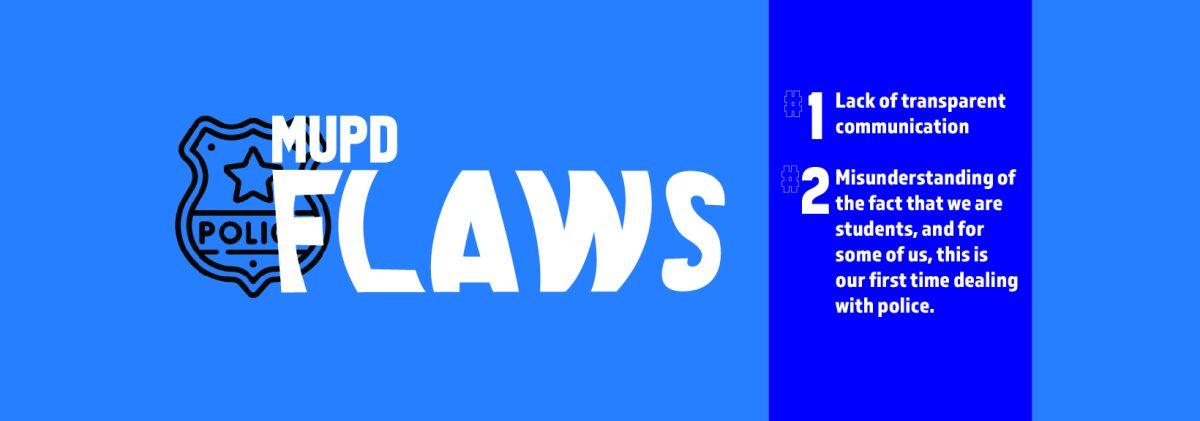Last week, I read likely presidential candidate Taylor Major’s [letter to the editor](https://www.themaneater.com/stories/2013/9/18/how-msa-failed-us/) with great interest. Although laudable in its intent, I found his conception of MSA’s shortcomings flawed. More problematic, I found it impossible to reconcile his words with his actions as an MSA senator.
The most frustrating element of Major’s letter was the implicit assumption that because MSA Senate disagreed with him, sufficient discussion could not have taken place. The Board of Elections Commissioners originally proposed that the campaign season take place over a three-week period. After a significant amount of conversation among senators and non-senators concerned about such a radical change, a compromise was reached and an amendment made: The election would take place over a four-week period, plenty of time for candidates to present their vision and perform the necessary outreach.
If Major deigns to read [our bylaws](http://msa.missouri.edu/wp-content/uploads/BylawsoftheMissouriStudentsAssociation-2.pdf) and [Senate rules](http://msa.missouri.edu/wp-content/uploads/RulesofSenateSeptember182013.pdf) posted on our website, he would learn, contrary to claims made in his letter, that Board Chairman David Wettroth, in his role as bill author, retains the right to make friendly amendments to the handbook between passage in committee and full Senate.
Committee meetings last only an hour, and senators are expected to take action on multiple items. Discussion in this setting is necessarily stifled. Yet it is a fact that vigorous debate among students is the ever-present backdrop to everything that our Senate does. In our offices, over lunch, walking to class, senators ask questions and challenge the arguments of everyone willing to engage them. Simply because Major has chosen not to participate in this process does not mean it does not occur.
This is not to say Taylor Major has been a valueless member of MSA. Senators should value a diversity of perspectives, even when they do not fit comfortably with their own. However, the truth remains that thus far, his vision has manifested itself not in honest discussion or action but mainly in attacks, many found in this paper, on work done by others. To contact Chairman Wettroth a day before the board handbook is brought before committee, and then rage at the idea that you have been ignored, requires a great deal of gall.
His assertion that the growth of this organization has been “stymied” also rings hollow. In the past month alone, MSA organized a successful campaign around HB253 that garnered media coverage across Missouri. Preparations for the launch of Truman’s Closet continue apace, and the Department of Student Activities has hosted an incredible array of movies, concerts and speakers. MSA is moving forward every week as it builds new partnerships, provides innovative services and events for students and expands its political advocacy.
Only someone lost inside the bubble of Senate oratory and bylaw minutiae would claim that MSA has failed us. Major said “there are far too many who don’t fully understand and grasp the vast capabilities and potential of this organization.” I suggest he think hard about how those words apply to himself.
Major observes the leadership style of MSA as “monkey see monkey do,” which I think means he is upset that many people reached a conclusion he did not. He at least sees that others in MSA are, in fact, “doing” things, which raises an obvious question: What is Major doing for the student body, besides writing letters and assuming bad faith on the part of others?
As a former member and chairman of the Academic Affairs Committee on which Major serves, I cannot recall a single consequential initiative, project or policy change that flowed from his work. In two years Major has held a single leadership post within MSA, as chairman of the Affordable Housing Committee. He was fired after a month, for failing to hold a single meeting.
Major notes that MSA is in need of leadership. He is correct. I sincerely hope that one day soon all students realize they deserve a higher form of leadership than long letters and loud speeches.
_— Benjamin Levin, senator, Missouri Students Association,_
[email protected]_











